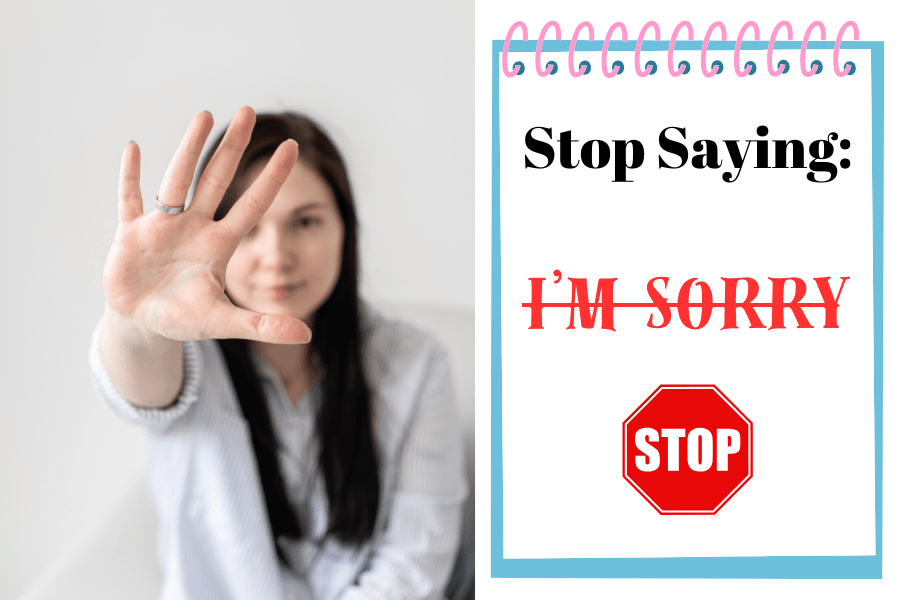Introduction
As we speak English, we used to say I’m Sorry for expressing regret. Actually, this is a simple and direct way to express regret, and your sentence is completely correct. However, it seems not professional to always repeat this word when you are referring a regret. For example, “I’m Sorry for what I said before”.
Expressing a Regret in English
Expressing regret in English can be done in several ways, depending on the level of formality and the context. Here are 7 common phrases and expressions you can use rather than “I’m Sorry“:
I regret (doing something)
If you won’t say “I’m Sorry” to prove a regret, you better say immediately “I regret“. But you should be careful to avoid grammatical mistakes. For example:
- I regret spending too much money last year.
- I regret not spending more time with my family.
I regret for not studyingharder for the exam. (incorrect)
Okay! Now take a look at those 3 examples and try to figure out why the third phrase is incorrect.
In general, this phrase is grammatically false in standard usage English. As a result, the correct way is going to be:
- I regret not studying harder for the exam. (so now, I got a bad mark).
I wish (something had happened)
We typically use this phrase when expressing regret about something that didn’t happen in the past. For example:
- I wish I had told you earlier.
- I wish I had listened to your advice.
Remember that this expression is only used when something you wanted to do in the past.
Usage: I wish + I had + past participle.
I should have (done something)
In English, we also use this way to express regret about something we didn’t do in the past. For instance:
- I should have taken your advice.
- I should have called you before.
Save it in a note that this way is similar to the previous sentence ( I wish I had ).
Usage: I should + have + past participle.
Example: I should have booked earlier; now the airplane tickets are expensive.
Also, you may add (not) after should exactly like this example:
- I should not have eaten spicy food; now I’m sick.
If only (something had happened)
This expression is similar to “I wish,” this expresses regret about something that didn’t happen in the past.
Usage: If only + I had + past participle.
Examples:
- If only I had known about the deadline.
- If only I had taken a different route.
My apologies
This expression is a slightly more formal way of saying “I’m sorry.” For example:
- My apologies for the inconvenience.
- I apologize for the misunderstanding.
I feel bad about (something)
Last but not least, we use this to express a sense of guilt or remorse. For example:
- I feel bad about missing your birthday party.
- I feel bad about not helping you when you needed it.
Summarizing
Remember, when expressing regret, it’s important to be sincere and acknowledge the impact of your actions or inactions on others.
Exercise: Express a regret in a sentence using those common ways and paste it in the comment, and we will respond and rate your thought.


